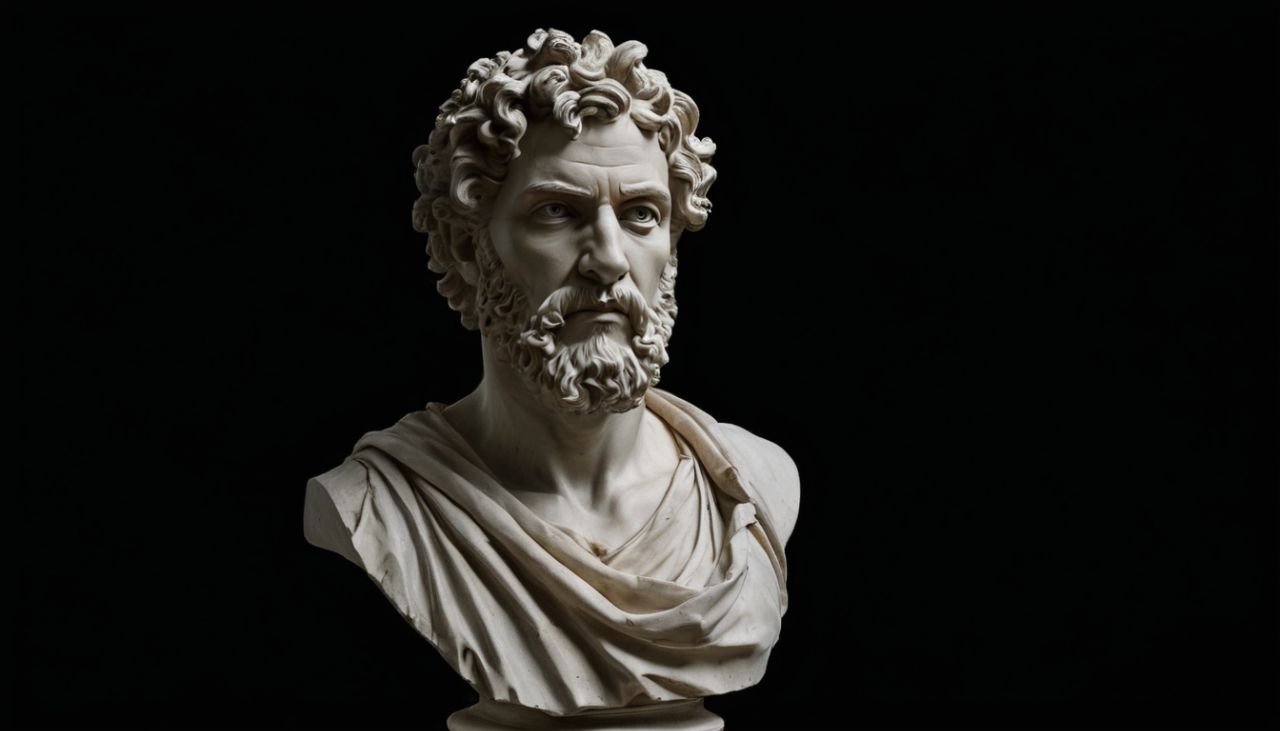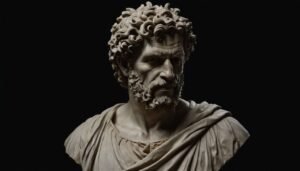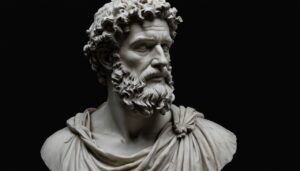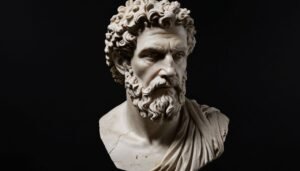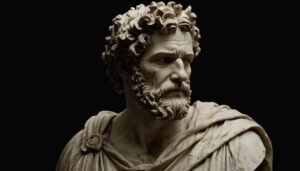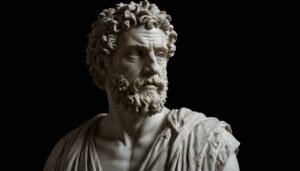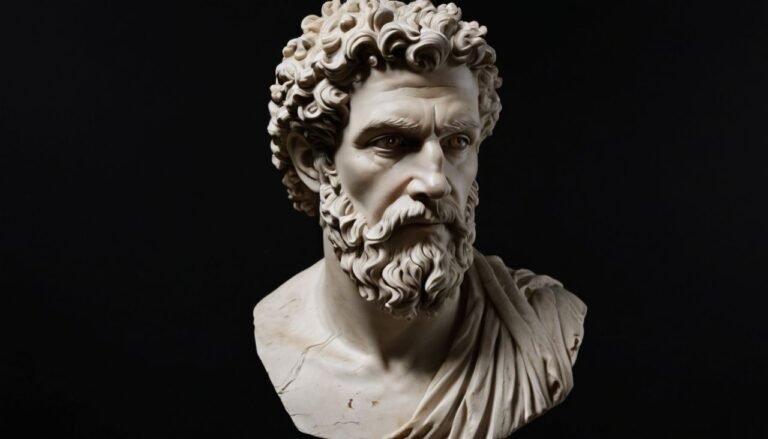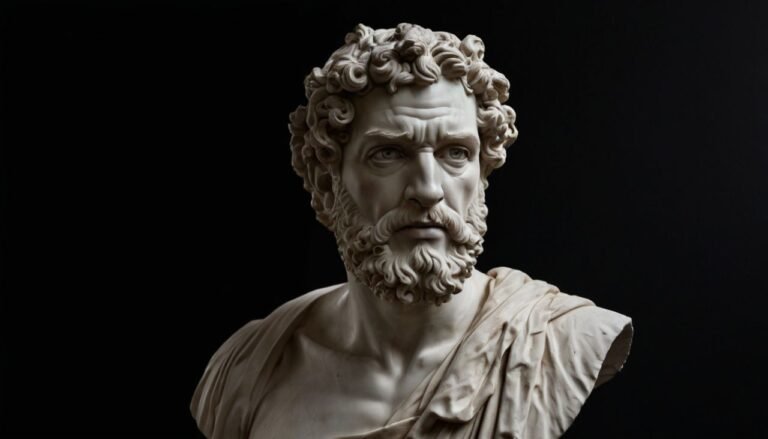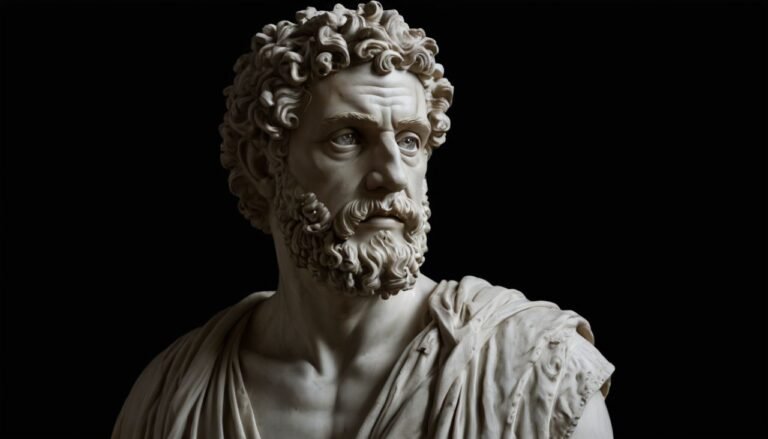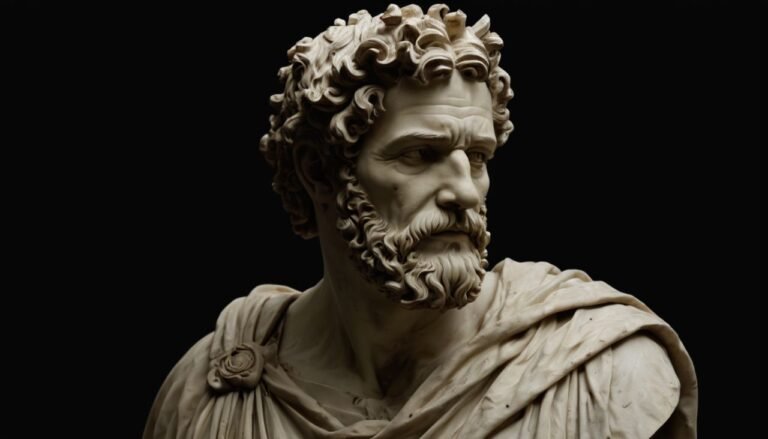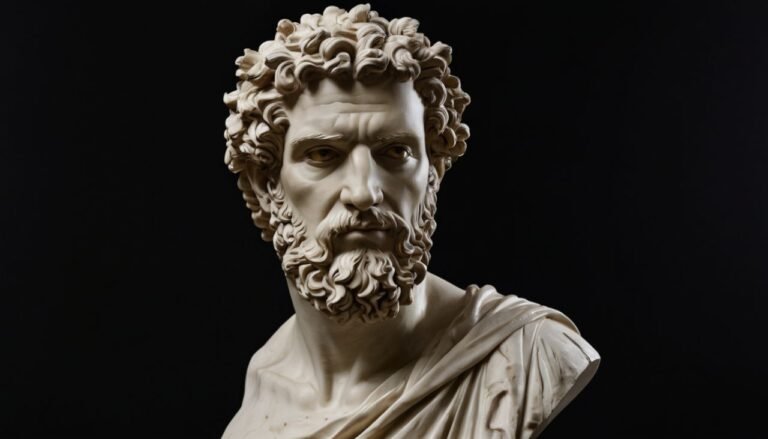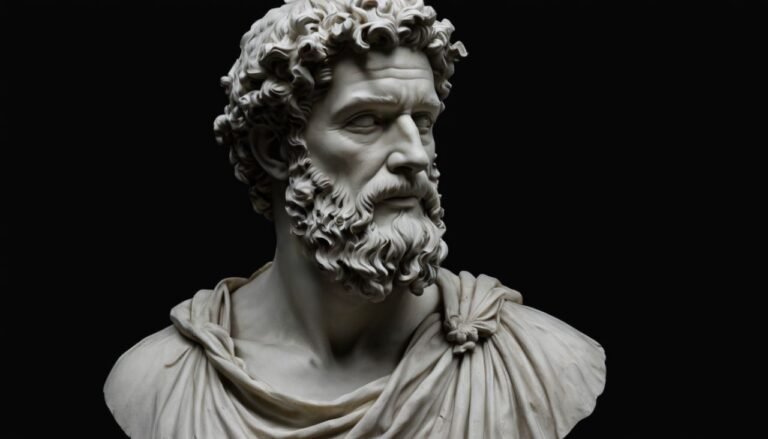Logic is a fundamental aspect of human thinking and problem-solving. It serves as the backbone of many disciplines, including mathematics, computer science, and philosophy. In this blog, we’ll explore what logic is, its different types, and why it’s essential in our daily lives.
What is Logic?
Logic is the systematic study of the principles of valid inference and correct reasoning. It involves evaluating arguments and determining whether the conclusions drawn from premises are valid or invalid. Logic helps us think clearly and make sound decisions.
Types of Logic
There are several types of logic, each with its unique focus and methodology. Here are the most common ones:
- Classical Logic:
- Aristotelian Logic: This is the oldest form of logic, developed by Aristotle. It focuses on syllogistic reasoning, where conclusions are drawn from two given or assumed propositions (premises).
- Propositional Logic: Also known as sentential logic, it deals with propositions and their connections using logical connectives like “and,” “or,” and “not.”
- Predicate Logic: An extension of propositional logic that includes quantifiers like “for all” and “there exists.” It allows for more complex statements about objects and their properties.
- Non-Classical Logic:
- Modal Logic: This type deals with necessity and possibility. For instance, it can express statements like “It is necessary that…” or “It is possible that…”
- Intuitionistic Logic: Rejects the law of excluded middle, which states that every proposition is either true or false. It’s often used in constructive mathematics.
- Fuzzy Logic: Unlike classical logic, which deals with binary true/false values, fuzzy logic allows for degrees of truth. It’s useful in areas like control systems and artificial intelligence.
Why is Logic Important?
Logic is crucial for several reasons:
- Critical Thinking:
- Logic helps us analyze arguments critically. By understanding the structure of arguments, we can identify fallacies and biases, leading to better decision-making.
- Problem Solving:
- In fields like mathematics and computer science, logic is the foundation for solving complex problems. Algorithms and programming languages are built on logical principles.
- Communication:
- Clear and precise communication often relies on logical reasoning. Whether writing a report or debating a topic, logical consistency ensures that your points are understood and convincing.
- Scientific Method:
- The scientific method relies heavily on logical reasoning. Hypotheses are tested through experiments, and conclusions are drawn based on logical inference from empirical data.
Applying Logic in Daily Life
Logic isn’t just for academics or professionals; it has practical applications in everyday life:
- Decision Making: We constantly make decisions based on available information. Using logical principles can help us weigh options more effectively.
- Debating: Engaging in discussions requires the ability to construct coherent arguments and rebuttals. Logic helps ensure our points are well-founded.
- Problem Analysis: Whether troubleshooting a technical issue or planning a project, logical thinking aids in breaking down complex problems into manageable parts.
Conclusion
Logic is an indispensable tool that enhances our ability to reason, solve problems, and communicate clearly. By understanding and applying different types of logic, we can improve both our professional and personal lives. Whether you’re a student, a professional, or simply someone interested in clear thinking, embracing logic can lead to more effective and rational decision-making.

